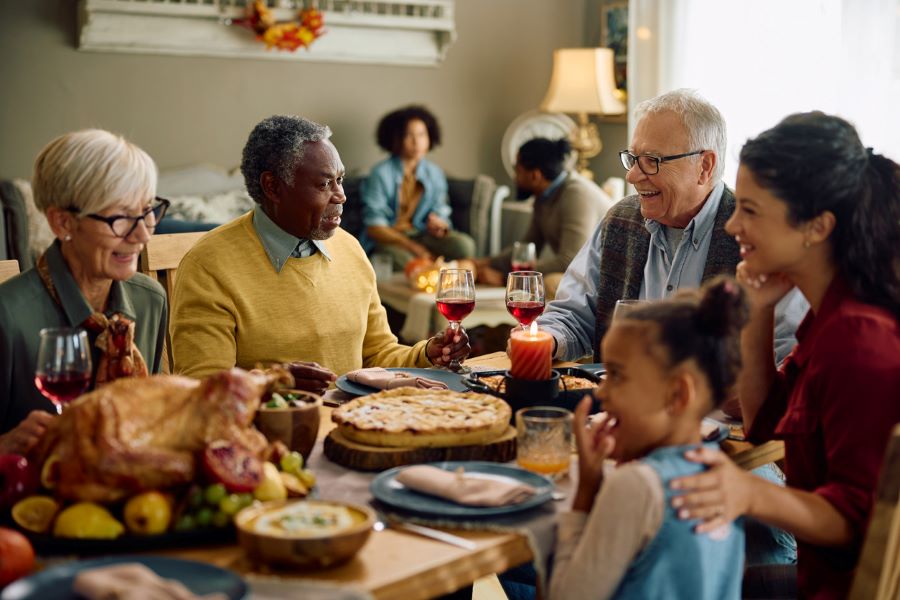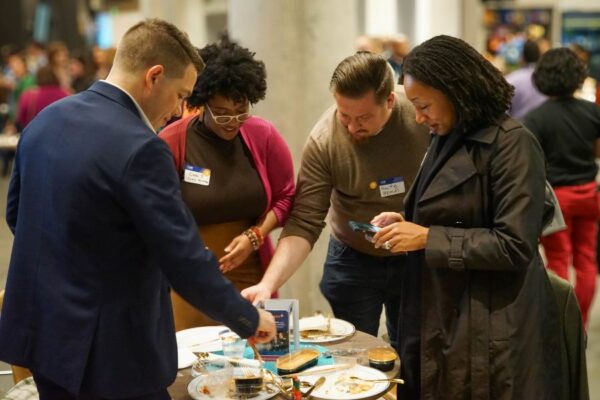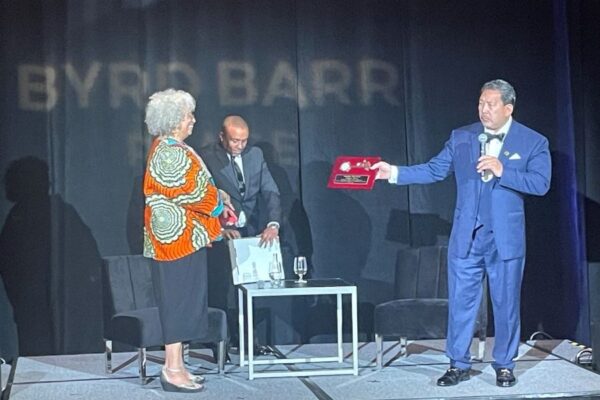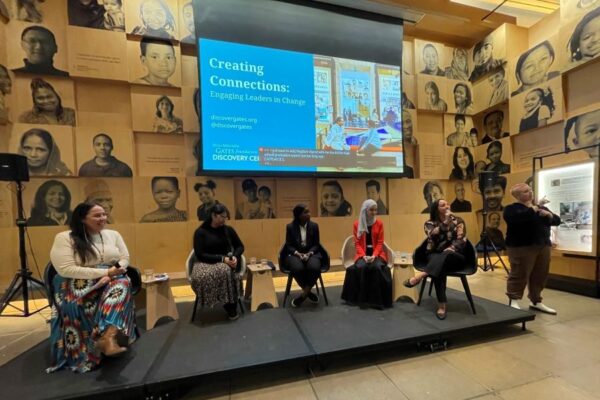This Thanksgiving, Let’s Spread the Gratitude
By the time we in the United States celebrate Thanksgiving on November 23, many nations who also celebrate the holiday will have finished the leftovers from their family meals. Thanksgiving has origins that trace back well before the U.S. holiday and is celebrated during October in several countries—including Canada, Germany, Grenada, and St. Lucia.
In this country, the dominant narrative around Thanksgiving is tied to the Indigenous community, with a story that says Indigenous people helped European colonialists survive the harsh Eastern Seaboard autumn, and when harvest season came the two sides gathered for a harmonious feast.
We know now that narrative, which was taught to us as early as grade school, is incomplete, and because we are more informed about America’s history, we are better able to reconcile around that narrative—given the harm that befell the Indigenous communities across the Americas.
United Way of King County offices are closed on November 23 in observance of Thanksgiving.
Recognizing and honoring the truth behind that false narrative is important, even amid the powerful theme of the Thanksgiving story, which includes coming together with families and friends, having a warm home with copious amounts of nutritious and tasty food, and storytelling. That should be a reality for every single person—particularly in our region.
Yet the irony is that across the world too many people are struggling to be thankful given the economic, social, racial, and ethnic disparities that exist. According to No Kid Hungry, a national campaign committed to ending childhood hunger in the U.S., about 9 million children in the United States live in “food insecure” homes, meaning their households don’t have enough food to live healthy lives. That coincides with data from the World Health Organization, which says that the number of people affected by hunger globally rose to as many as 828 million in 2021.
We know that locally those hunger figures are exacerbated by the large numbers of folks who are unsheltered or living in temporary emergency housing.
At United Way, we are committed to making sure people stay in their homes, and based on the work we do with rental assistance and eviction prevention, we see what a struggle that can be year-round, not just during the Thanksgiving season—and when the cold of winter is upon us. We can’t help but wonder what it’s like for a person who wants to feel thankful while they’re struggling to pay rent and keep food on the table and gas in their cars to make it to work.
We need always to be mindful of those for whom everyday living is a struggle, particularly during a holiday centered on family and community.
While attending Seattle University, I lived in residence halls about 10 miles from where I grew up. I was very empathetic of those who could not travel home for Thanksgiving as well as how lonely our campus was at that time. I would always call my mom and dad leading up to the holiday and ask, “Can I bring one or two of my classmates home for Thanksgiving dinner?”

That became a four-year tradition in my family. I would ask people, “Hey, what are you doing for Thanksgiving?” I asked one person from Guam and another from Hawaii, both of whom I knew could not fly home for the four-day holiday.
It was a way of saying, “I see you, I appreciate you, and if it’s meaningful, don’t be alone at this time of gratitude. Share it with us.”
At a time when we are mired with so many daily struggles, and our efforts to build consensus solutions are met with polarization, we need not rethink gratitude. We know what it means to be thankful. We need only to make sure that our gratitude and love can be experienced by every member of our community—during the Thanksgiving holiday season and year-round.





Comments